Outward judgment often fails, inward judgment never

Outward judgment often fails, inward judgment never
Theodore Parker, a prominent American Transcendentalist and Unitarian minister, was a firm believer in the idea that outward judgment often fails, while inward judgment never does. This belief was central to his philosophy and teachings, as he emphasized the importance of looking beyond superficial appearances and societal norms to truly understand and appreciate the essence of a person.Parker believed that outward judgment, based on external factors such as appearance, social status, or behavior, was often misleading and unreliable. He argued that people should not be judged solely on these superficial qualities, as they do not accurately reflect the true nature of an individual. Instead, Parker advocated for a more nuanced and compassionate approach to understanding others, one that takes into account their inner thoughts, feelings, and motivations.
Inward judgment, according to Parker, is the key to truly understanding and connecting with others. By looking beyond outward appearances and delving into the depths of a person's character, one can gain a deeper insight into their true self. This requires empathy, compassion, and an open mind, as well as a willingness to see beyond preconceived notions and biases.
Parker's belief in the power of inward judgment was reflected in his own life and work. As a minister, he preached a message of love, acceptance, and understanding, encouraging his congregation to look beyond outward appearances and embrace the inherent worth and dignity of all individuals. He was a vocal advocate for social justice and equality, fighting against slavery and other forms of oppression, and championing the rights of marginalized groups.


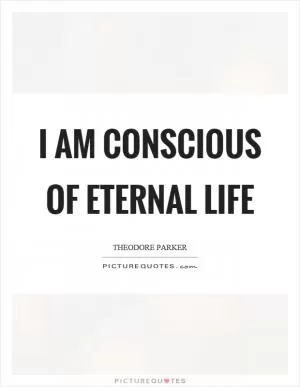


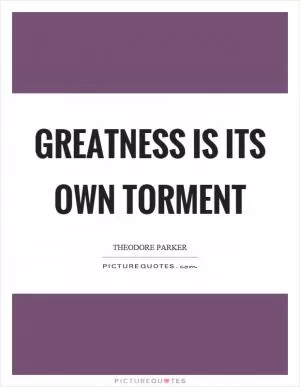



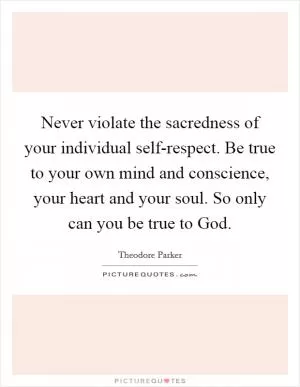
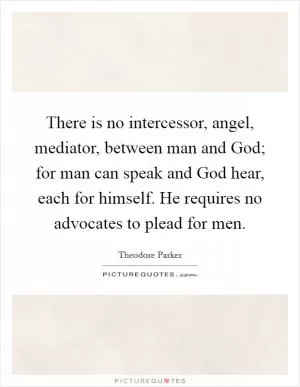
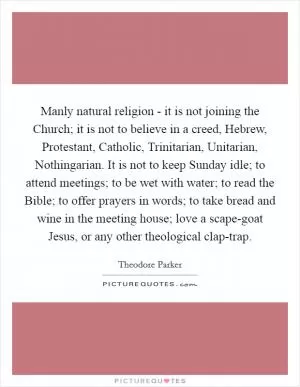
 Friendship Quotes
Friendship Quotes Love Quotes
Love Quotes Life Quotes
Life Quotes Funny Quotes
Funny Quotes Motivational Quotes
Motivational Quotes Inspirational Quotes
Inspirational Quotes